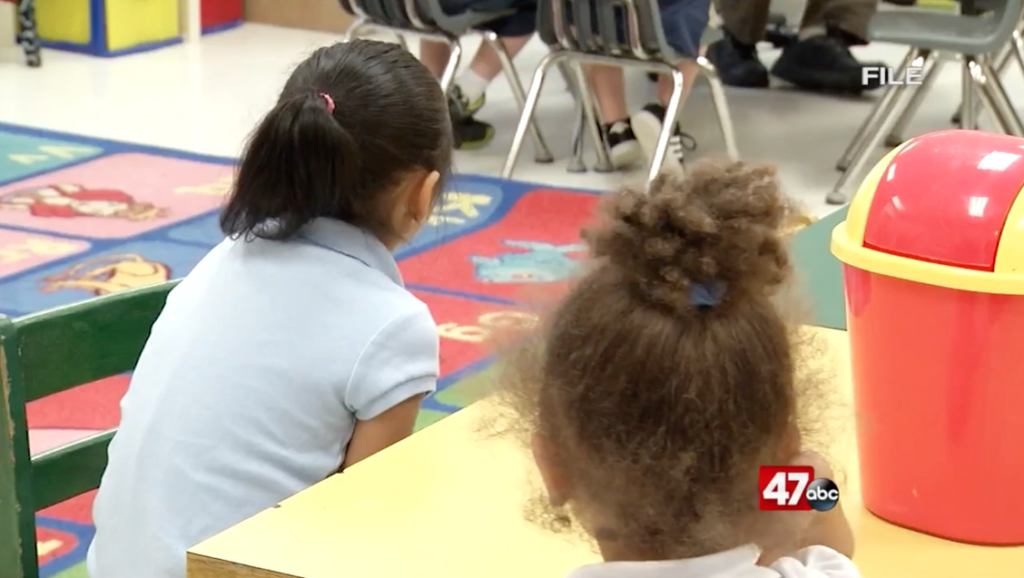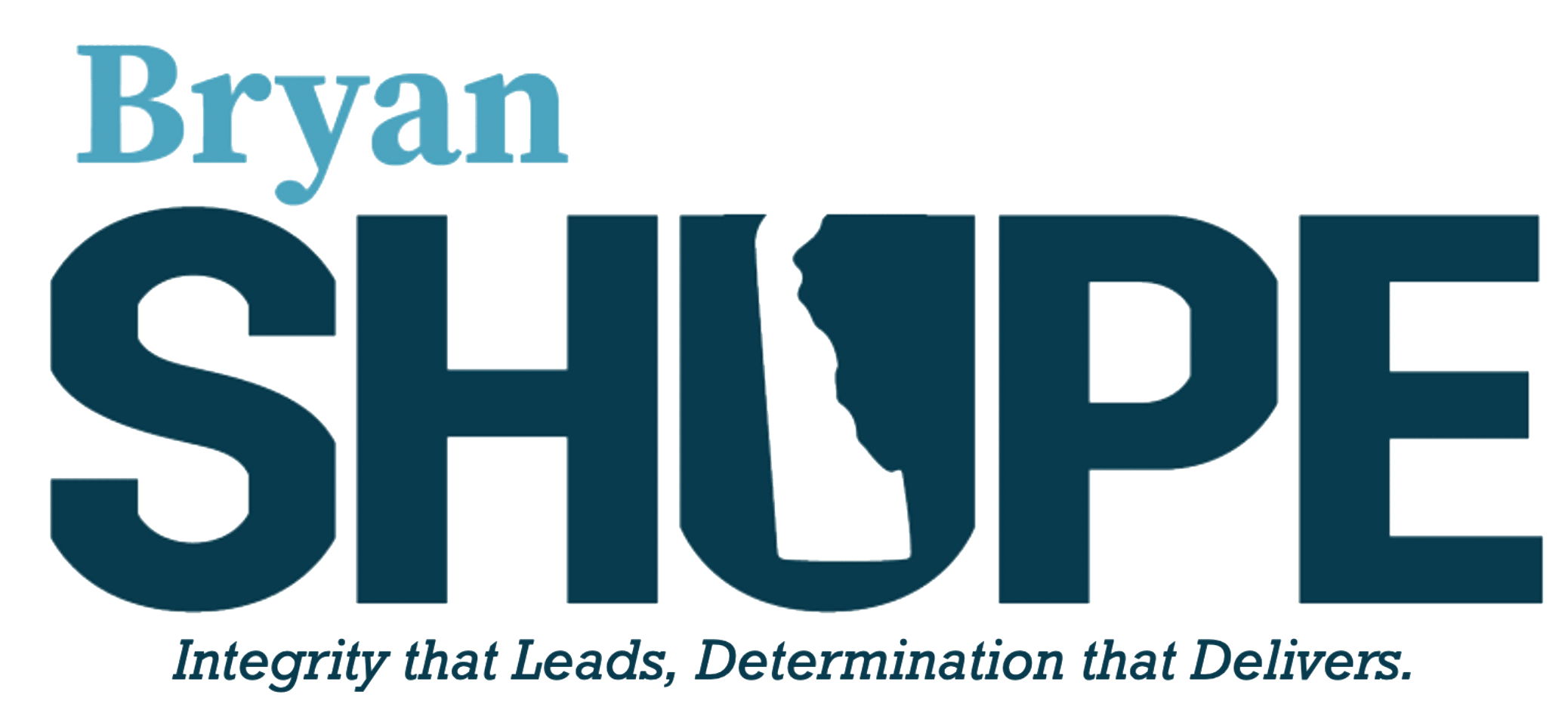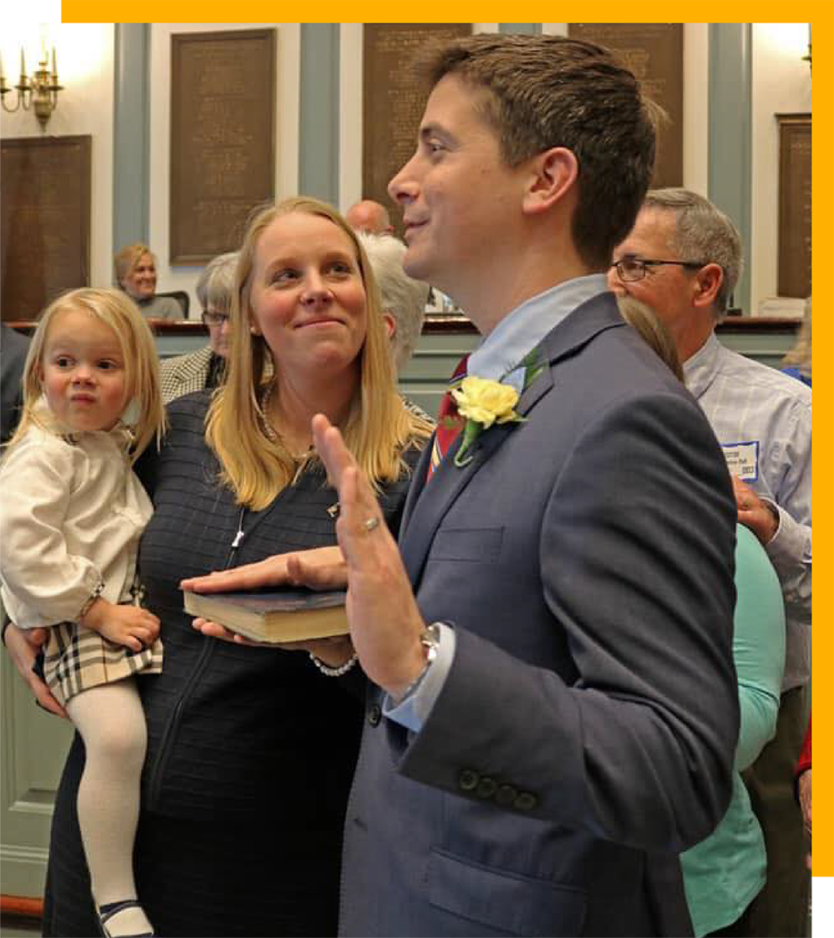At the beginning of this legislative year, I sent out a letter to the community regarding my 2021 legislative priorities These initiatives came directly from the residents of our district as they shared their ideas with me through community meetings, emails, and personal conversations regarding their concerns and hopes for the future of Delaware. They included Healthcare Opportunity Expansion & Affordability, Workforce Development and Vocational Training, Clean Water and Environmental Initiatives, Education Support and Equal Opportunities, Government Transparency, and Fiscal Responsibility.
Below are some of the bills I prime sponsored and sponsored alongside my colleagues in Legislative Hall to meet those promises. They do not include all of the bills I voted yes on over the first leg of the 151st General Assembly but give a good reflection of where my focus was. In future posts, I will develop each of these subject areas in detail in hopes of engaging in more community discussion of how we continue to move forward together.

1. Delaware’s Health Care
HB 48 – Expanding Primary Care in the First State
This Act establishes a Health Care Provider Loan Repayment Program for new primary care providers to be administered by the Delaware Health Care Commission. Under the loan repayment program, the Health Care Commission may award education loan repayment grants to new primary care providers of up to $50,000 per year for a maximum of 4 years. Grants to hospital sites must be matched on a dollar-for-dollar basis by the applicant hospital and the disbursement of grants from the program is contingent upon an initial, one-time contribution to the Health Care Provider Loan Repayment Program, in an amount Fiscal Year 21 appropriation of State funds up to a maximum of $1 million, from Delaware health insurers.
HB 160 – Access to Healthcare & Affordability through Telemedicine
This Act, known as the Telehealth Access Preservation and Modernization Act of 2021, continues and enhances Delawareans’ access to Telehealth and telemedicine services and, through the adoption of the Interstate Medical Licensure Compact, ensures that Telehealth services can be provided through qualified medical practitioners in a streamlined and efficient pathway to licensure that meets the health care delivery system needs of the 21st century. The Compact creates a voluntary, expedited pathway to state licensure for physicians who want to practice medicine in multiple states. An eligible physician can qualify to practice medicine in multiple states by completing one application within the Compact, and receipt of separate licenses from each state in which the physician is licensed.
HB 95 – Securing Lifesaving Medicine for Children
This Act requires that individual, group, State employee, and public assistance insurance plans provide coverage for epinephrine autoinjectors for individuals who are 18 years of age or under and must include at least 1 formulation of epinephrine autoinjectors on the lowest tier of the drug formulary developed and maintained by the carrier if the insurance plan has tiers.

2. Workforce Development & Vocational Training
SB 65 – Vocational Workforce Development
This Act establishes the Focus on Alternative Skills Training Program (“FAST”). FAST will provide tuition, up to $9,000, to Delaware residents who have obtained a high school diploma, Diploma of Alternate Achievement Standards, or a Delaware secondary credential, which includes earning a GED, and have enrolled in an approved non-degree credit certificate program. The Workforce Development Board will create a list of non-degree credit certificate programs approved for the FAST program.
HB 249 – Tuition Reimbursement for First Responders
This Act creates a tuition reimbursement program for volunteer firefighters, similar to already existing programs for law enforcement officers and National Guard members. Pursuant to this program, active volunteer firefighters may be reimbursed for tuition for 2 undergraduate level courses or one masters level course per semester at any Delaware college or university.
SB 12 – Education & Training for Adult Students
The purpose of this act is to open up The Delaware Student Excellence Equals Degree Act (SEED Act) to adult Delaware residents, who are not recent high school graduates. Currently, about 56% of Delawareans age 25-64 lack a post-secondary degree. This expansion of the SEED grant program will encourage adult learners to return to school to enhance their knowledge and skills and increase their job opportunities.

3. Clean Water & Environment
HB 69 – Water Filtration Grants for Low-Income Families
This Act establishes a 2-year residential drinking water purification system pilot program that creates grants for low-income Delawareans that currently have unclean drinking water to receive residential water filtration systems within weeks.
HB 200 – Clean Water Infrastructure Fund
The Clean Water for Delaware Act establishes a framework for assessing needs and planning and implementing projects that support Delaware’s efforts to improve the quality of the State’s water supply and waterways. A Delaware Clean Water Trust account is created as a funding source for executing projects highlighted by this framework.
HB 8 – Defining Contaminate Levels
This Act mandates that the Department of Natural Resources and Environmental Control and the Division of Public Health establish maximum contaminant levels for specific contaminants found in drinking water in this state. Such contaminants include PFOA and PFOS, which are man-made chemicals. The establishment of maximum contaminant levels is essential in order to protect the health and safety of all Delawareans from contaminants in drinking water.
HB 222 – Testing for Lead Contamination in Children
This Act simplifies the requirements and process for health-care providers and eliminates confusion that may be causing the low compliance rate for screening or testing. Specifically, this Act does the following: (1) Defines “screening” and “testing” for clarity. (2) Mandates screening, defined as a capillary blood test, at or around 12 and 24 months of age. (3) Clarifies insurance coverage for the costs of compliance with the Act. (4) Directs the Division of Public Health to report on elevated blood lead levels to the General Assembly annually and to develop regulations to implement and enforce the Act within 12 months of being enacted.

4. Education Opportunities & Equality
HB 178 – Developing Teacher Residency Program
Year-long teacher residency programs are a partnership between an educator preparation program and a Delaware school district or charter school to provide a year-long immersive experience for teacher candidates, allowing them a full and supported, on the ground experience of teaching in a Delaware school. The teacher resident also receives a stipend while participating in the program, which may be used to defray education and living expenses.
HB 100 – Mental Health Services for Students
This Act establishes a mental health services unit for Delaware elementary schools. The unit is at a ratio of 250 full-time equivalent students grades K-5 for a full-time school counselor, school social worker, or licensed clinical social worker. Additionally a unit ratio of 700 full time equivalent students for grades K-5 for employment of a full-time school psychologist. This Act defines “mental health services” as prevention, response, and coordination services delivered to students in elementary schools. This bill will lower ratios and increase access to mental health services for elementary school students.
SB 56 – Education Opportunities through Funding
This Act codifies the Opportunity Fund, an additional source of educational funding for Delaware public schools intended to support the increased needs of low income and English learner students, and establishes the parameters for how the funding is to be distributed to school districts and charter schools.
SB 82 – Education Opportunities for Delaware Families
This Act codifies the Department of Education’s (“Department”) current efforts to establish a uniform public school registration process and requires that, beginning with the 2023 through 2024 school year, all public schools shall use the uniform public school registration process. This registration process will simplify the process for families, enable public schools to engage with families and plan in advance of the school year, and integrate data systems to eliminate duplication of effort. This Act requires the uniform public school registration process to be Internet-based and at school buildings and in English and Spanish and may be in other languages.
HB 120 – School Bus Safety
This Act makes changes to House Bill 202 from the 150th General Assembly creating a pilot program for the Red Clay School District to use external camera systems on their school buses to catch motorists that fail to stop when a school bus is stopped and displaying flashing lamps to take on or discharge school children and assess a civil penalty as punishment.

5. Government Transparency –
HCR 10 – Permanent Virtual Sessions & Committee Hearings
Requesting the Division of Research, the Office of Management and Budget, and the Delaware Department of Technology & Information to cooperate in creating a detailed and implementable plan to stream audio and video of all floor and committee action of the House of Representatives and Senate; record all such material; and make these recordings available to the public via an online archive. The resolution further requests the 151st General Assembly and the governor to approve and act on the finished plan and authorize the funding needed to implement it.
HR 9 – Eliminating Desk Drawer Veto Powers
This resolution would make an addition to the Permanent Rules of the House of Representatives, providing a mechanism for bills that have been vetted and released by committee, but have been overlooked on the Ready List, a path for consideration on the House Floor.
HB 146 – Expanding Municipal Voting Rights
This Act eliminates double registration requirements for local municipal elections for Delaware residents that are already registered to vote in the State of Delaware.
SCR 47 – Improving Voter Registration Lists
This concurrent resolution proposes the formation of the Registered Voter List Improvement Task Force. This 10-member group will review current laws and practices associated with compiling and maintaining Delaware’s registered voter list. The main objective of the task force will be to suggest methods for improving the accuracy of the list. The task force shall deliver a report containing its findings and recommendations to every member of the General Assembly no later than March 15, 2022. In instances where improvement recommendations will require legislation to implement, the task force shall draft bills that will be included as part of its report.
HCR23 –Absentee Voting Verification
This Resolution requires the Department of Elections to review practices in Delaware and other states and make recommendations relating to verifying signatures on absentee ballots.
HB 203 – Limiting Executive Suspension on FOIA
This Act proposes to limit the Governor’s abilities during a State of Emergency in regard to the Delaware Freedom of Information Act, exempting it from Title 20, Chapter 31. This Act also ensures that the reasons outlined in Title 29, §10003 for the public body requesting an extension to a FOIA request is an exhaustive list. This Act also adds Title 29, Chapter §10008, which states that the Governor may not suspend FOIA during a state of emergency without a showing that FOIA prevents, hinders, or delays the State’s necessary actions in coping with the crisis at hand.

6. Fiscal Responsibility
HB 109 – Creating Budget Stabilization Mechanism
This Act would build upon the State’s existing appropriation limit methodology by moving the Budget Reserve Account into a newly defined Budget Stabilization Fund, defining rules for deposits to and withdrawals from said Budget Stabilization Fund, and adding a check of the appropriation limit against an index comprised of relevant indicators of growth of the State’s economy.
HB 147 – Minimum Wage Analysis
This Act requires the Controller General to cause to be prepared an economic impact analysis on legislation that increases the state’s minimum wage to determine the economic impact in this State of increasing the minimum wage.


